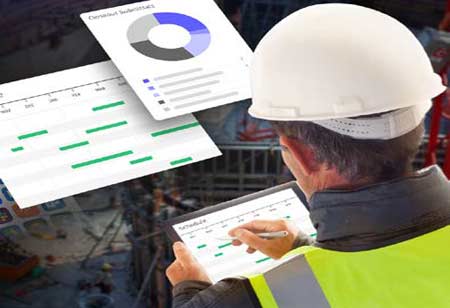THANK YOU FOR SUBSCRIBING
Streamlining Construction Projects with Cloud Collaboration


 Copyright © 2025 All Rights Reserved | by:
Copyright © 2025 All Rights Reserved | by: Construction Tech Review
| Subscribe | About us | Sitemap| Editorial Policy| Feedback PolicyTop


 Copyright © 2025 All Rights Reserved | by:
Copyright © 2025 All Rights Reserved | by: Construction Tech Review
| Subscribe | About us | Sitemap| Editorial Policy| Feedback Policy